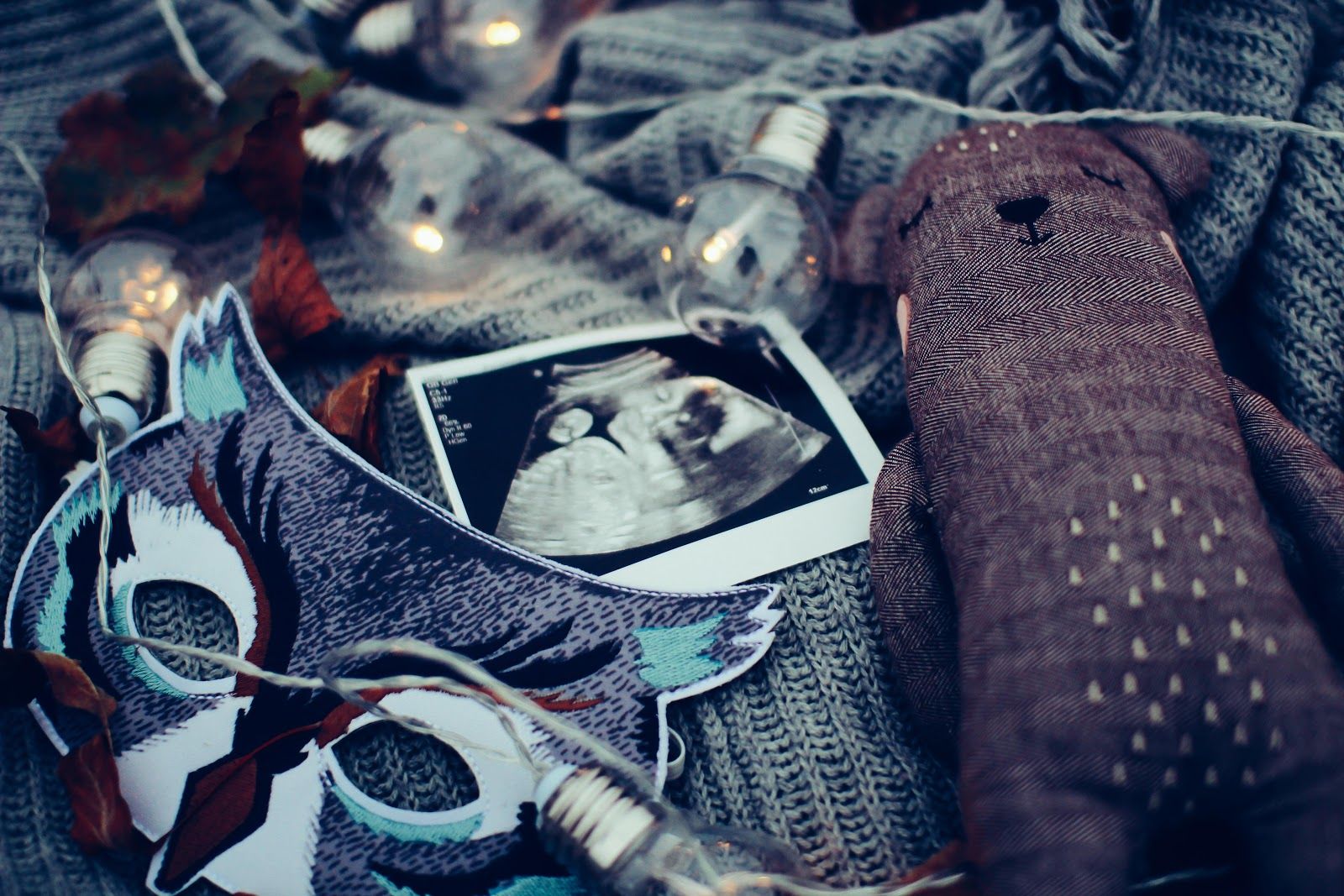You may remember drawing fallopian tubes in your biology classes, and they’re an integral part of your reproductive anatomy. They are lined tubes that connect the ovaries to the uterus. During ovulation, the egg is carried from the ovary to the uterus via the fallopian tubes. It’s also the site of conception because the egg is fertilized by the sperm while it’s in the fallopian tubes. But if a fallopian tube happens to be blocked, then this can’t happen.
Causes Of Blocked Fallopian Tubes
Fallopian tubes can end up being blocked for quite a few reasons.
Endometriosis affects a lot of women and is a huge cause of infertility. It can be quite a painful disease. The endometrium tissue layer that grows in your uterus in preparation for pregnancy usually begins to shed during menstruation. But if you have endometriosis, then that tissue grows in other places, like on the ovaries or the fallopian tubes. But your body can’t get rid of it, so it causes a lot of inflammation. Aside from a host of other problems (pelvic pain, heavy bleeding, fatigue), endometriosis can also cause scarring and blockage in the fallopian tubes.
Certain sexually transmitted diseases like gonorrhea and chlamydia can cause issues with the fallopian tubes.
- Previous Abdominal Surgery
If you’ve had abdominal surgery in the past, this could lead to blocked fallopian tubes. Especially if you’ve had surgery on the fallopian tubes. Also, if you’ve had a burst appendix it could lead to this.
Fibroids are growths that can block the fallopian tubes.
- Pelvic Inflammatory Disease
This is a disease that’s often caused by STDs. It’s an infection of the reproductive parts, and aside from pain in the abdomen, bleeding, fever, and so on, it can also cause scarring or blockage in the fallopian tubes.
Symptoms Of Blocked Fallopian Tubes
So how do you know if you’ve got blocked fallopian tubes? Often, they don’t present with any symptoms at all, so you might not know. The giveaway can be infertility, especially if you’re unable to conceive for a year. Then your doctor can detect it with tests.
Some women also experience pain if they have hydrosalpinx, which is a type of blocked fallopian tube where the blockage makes the tube dilate and fill with fluid. If you have hydrosalpinx you might also have uncommon vaginal discharge. However, this doesn’t happen to many women.
 Blocked Fallopian Tubes
Blocked Fallopian TubesTreatment of Blocked Fallopian Tubes
If one of your tubes is open, then the opportunity to get pregnant is still there. You can get fertility drugs to increase the possibility of pregnancy with that tube.
Surgery is a possibility (known as laparoscopic surgery) to open the tube or deal with the scar tissue, but this depends on how bad the blockage is and where it is, and how advanced you are in years, among other factors. Surgery might be more viable if you’re younger, but it won’t work for everyone, and even with surgery, the treatment might not work.
Infertility
Infertility is something many women deal with and fallopian tubes are a big cause. It might be very difficult to go through something like this when you’ve been so excited about the pregnancy. If you’ve recently received news that you’re infertile, you should make sure you have the right mental health services available and the support of friends, family, and your partner.
However, there are other ways that you can nurture a new life if you don’t have an unblocked fallopian tube and surgery isn’t an option. You can consider IVF or In vitro fertilization, where eggs are taken directly from the ovaries, put together with the sperm in a lab setting, and then, if fertilized, are placed in the uterus. IVF can however be quite expensive.
Other options might include adoption or foster care. While people rarely go for these options, preferring children with their genes, it should be worth considering, especially when there are so many children without homes.
 Blocked Fallopian Tubes
Blocked Fallopian TubesFinally
So blocked fallopian tubes might become a serious issue for you if you experience something like hydrosalpinx, in which case, it might be painful or uncomfortable. Or it might be a symptom of some larger problem, like endometriosis. But it’s probably most serious for you to want to have children. The best thing to do is to consult with your gynecologist about your next steps.

